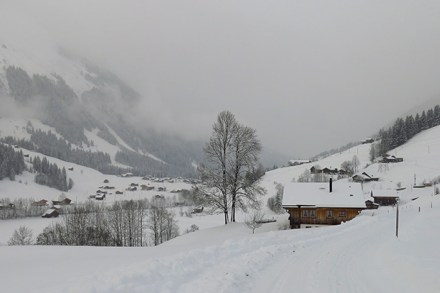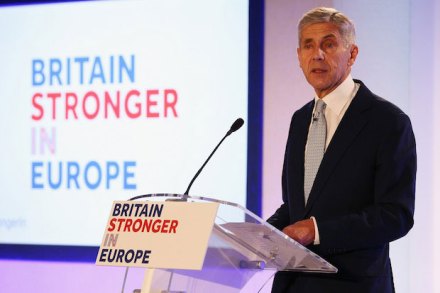Where are the snows of yesteryear?
I like a book where you don’t think you’re going to be interested in the subject, but then find it’s so vigorously and engagingly written that you’re enchanted. This is one of those. I’m not a skier —I’m quickly bored when coffee-drinking mothers start recounting their children’s latest achievements on the piste — so I expected to have had enough by page five, as I set off across the blinding whiteness of this ‘biography’ of snow, written by a man who’s wearing ski-goggles in the jacket photo. But in Giles Whittell’s genial company, reading it was a great pleasure. An eloquent, witty writer, he bombards us with myth-busting facts, startling
















